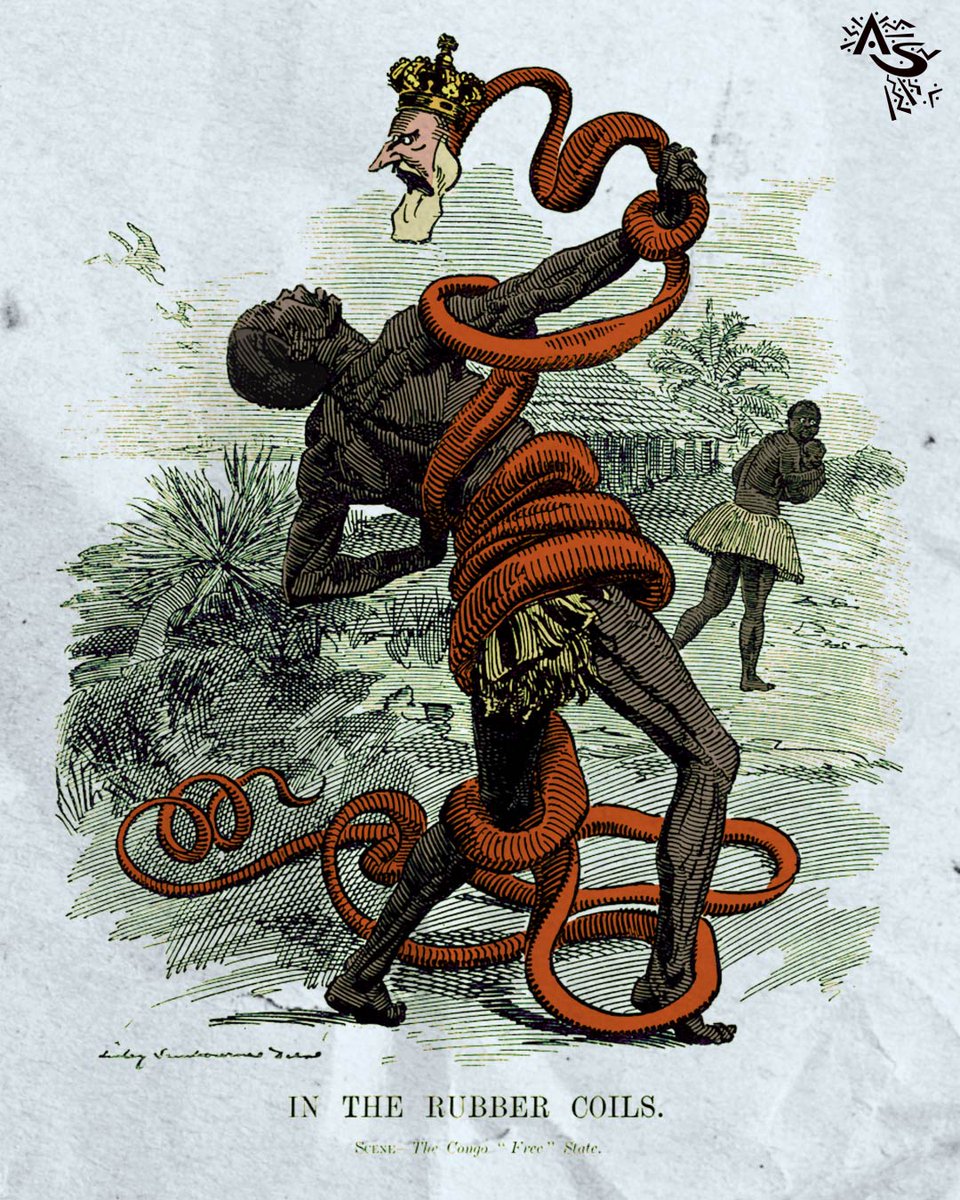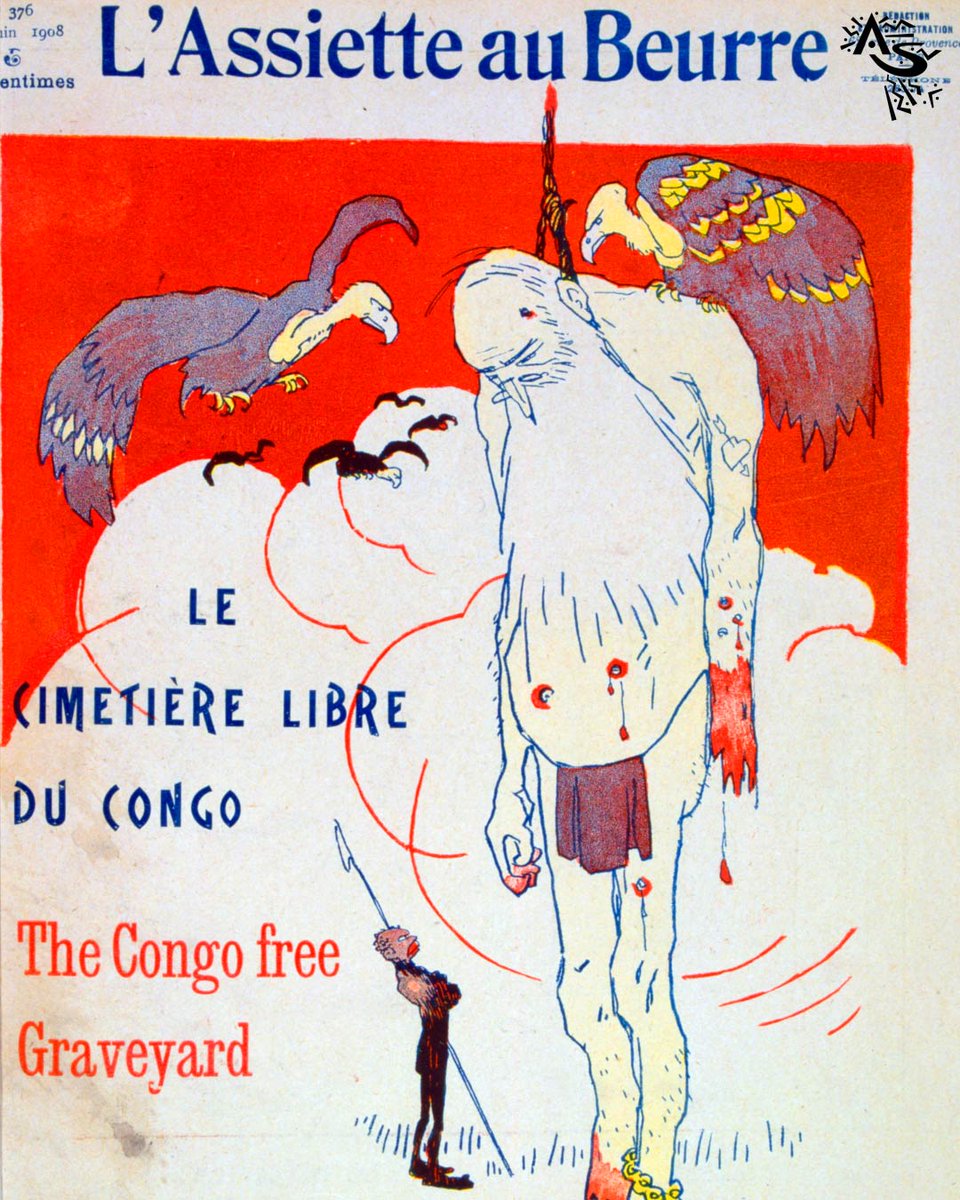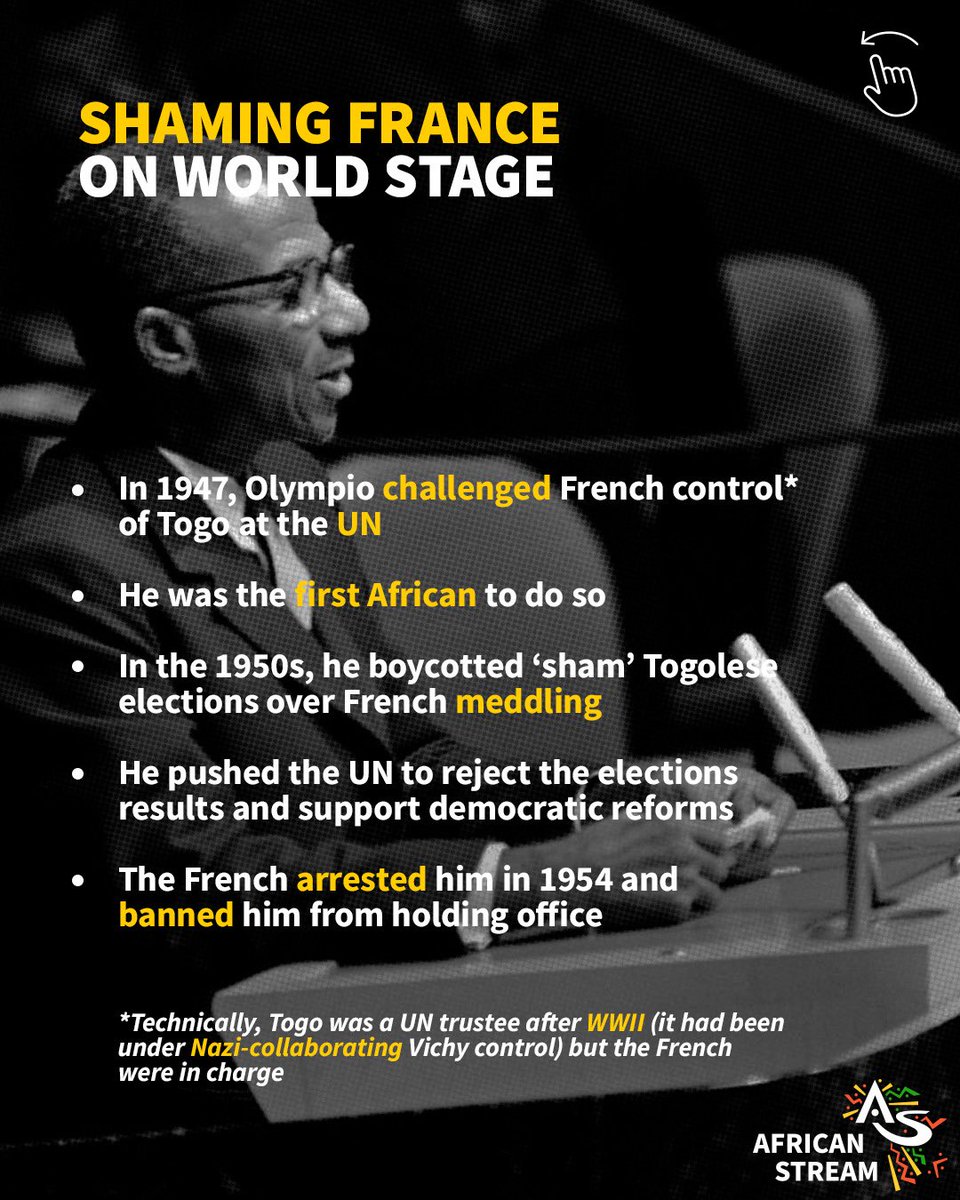THREAD🧵
Belgium's Hidden Holocaust in the Congo
This is the story of how Belgium’s Leopold II colonised, exploited, murdered, enslaved and maimed the people of the Congo - and how Brussels’ dark past is catching up with it today.
#DRCongo #Holocaust #Belgium
Belgium's Hidden Holocaust in the Congo
This is the story of how Belgium’s Leopold II colonised, exploited, murdered, enslaved and maimed the people of the Congo - and how Brussels’ dark past is catching up with it today.
#DRCongo #Holocaust #Belgium

Between 1885-1908, Belgium’s King Leopold II was responsible - directly or indirectly - for the deaths of 10-15mn people, in what’s today known as the Democratic Republic of Congo.
#imperialism #colonialism #history #kingleopoldII
#imperialism #colonialism #history #kingleopoldII

Belgium joined the Scramble for Africa in the late 1800’s. Leopold colonised the Congo while maintaining that it was a civilising mission to spread Christianity.
#Africa #colonialism #Belgium #Congo
#Africa #colonialism #Belgium #Congo

In reality, it was a way to get his hands on ivory and rubber and cash in on the profit. Leopold never visited the Congo but it was recognised as his private property at the Berlin Conference in 1885. Ironically, he wielded more power in the colony than in his own country. 

His private army in the Congo maimed children, women and men. They raped women and set up camps of orphaned Congolese children to work or train as soldiers. 

Maiming was used as punishment for not fulfilling production quotas and any form of dissent. Soldiers even began to use chopped-off limbs as currency. 

The effects were disastrous as the focus on rubber meant no able-bodied men were left to hunt, fish and cultivate crops. Famine and disease spread. Millions died, trauma was widespread and the birth rate plummeted. 

Belgium’s wealth grew exponentially from the rubber trade. Congo suffered immensely and was only freed in 1960 with the rise of anti-colonial heroes like Patrice Lumumba. 

More than 60 years later, protesters in Belgium vandalised, burnt and toppled statues of King Leopold. Yet Belgium still hasn’t apologised or paid reparations for the crimes it committed in the Congo. 

• • •
Missing some Tweet in this thread? You can try to
force a refresh























